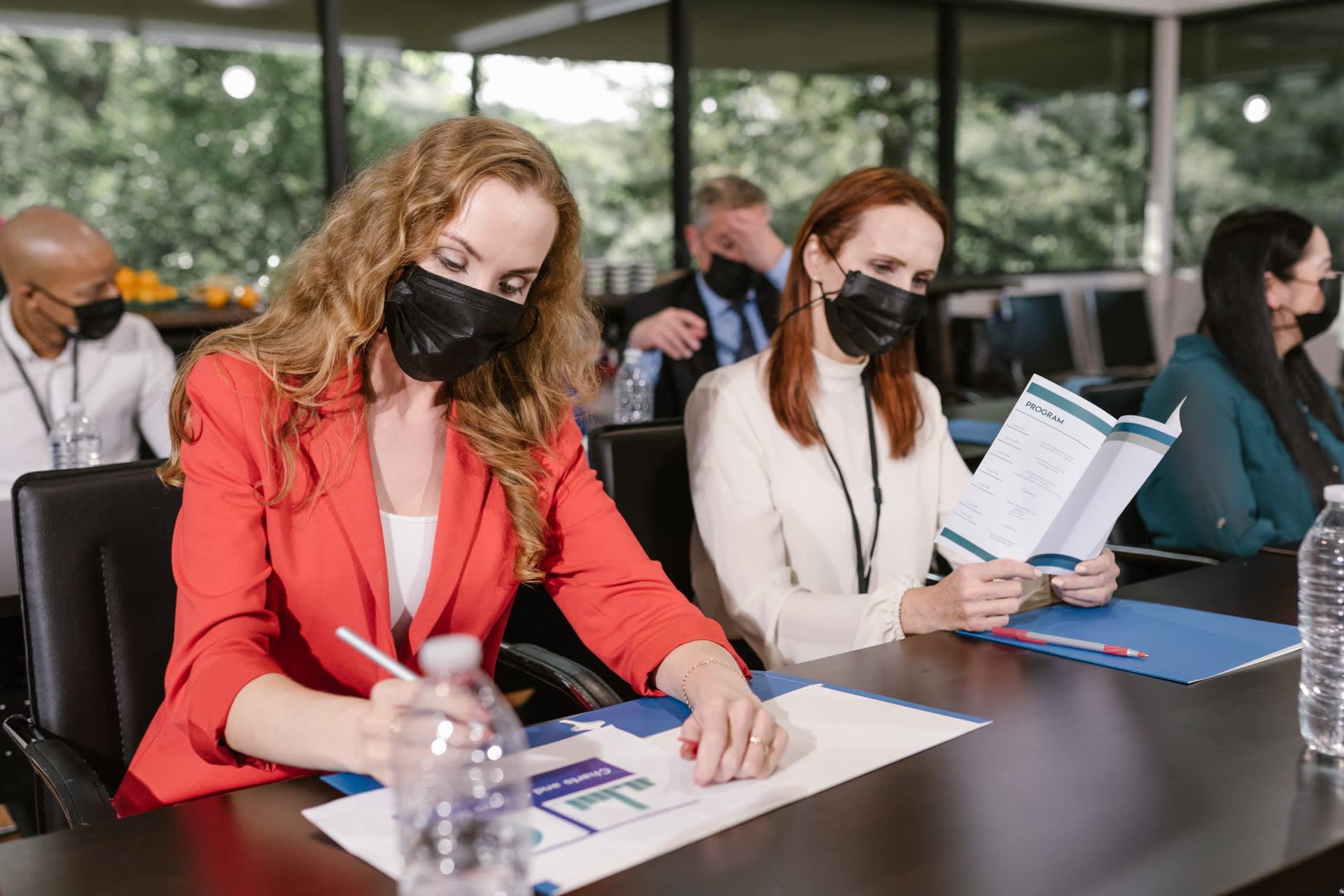With digital experiences increasing in popularity over the past year, we explore how the “return to normality” may impact how people choose to connect going forward.
Are online experiences the future?
As the Covid-19 vaccines are rolled out worldwide and international travel is set to return in the coming months, it finally looks like there is some light at the end of the tunnel. Yet, there is one question to which we still have no definitive answer: will digital experiences continue to grow in popularity, or will they come to an end as people begin to venture out into the world again?
Why have digital experiences become more popular?
Virtual experiences have continued to grow in both supply and demand since March 2020 when the Covid-19 pandemic left the majority of the world confined to their homes. People were constantly looking for new ways to connect with the outside world and remain in contact with friends, family members, and parts of the world they could no longer visit.
Consequently, many businesses designed online experiences to help people stay connected, also giving them the opportunity to learn new skills or meet new people. Many companies embraced this new virtual world as a way to adapt their businesses, and used this time to develop new strategies of product development.

Sea Saffron, like many companies in the tourism sector, shifted their business model to host digital experiences.
What do the international restrictions mean for online experiences?
With increasingly more countries starting to open up for business and tourism, it is possible that fewer people will continue to connect online.
In the UK, since opening outdoor dining spaces, there has already been a surge in the number of people abandoning their computers and flocking to restaurants, bars and pubs to meet people face-to-face once again. The British government is putting its faith into the vaccinations and planning alongside this timeline.
Across the pond in the United States, despite a rapid vaccine rollout, rules differ by state with some imposing much stricter regulations than others. The majority of states currently also allow indoor and outdoor dining and socialising, although that is not the case across the whole country.
How will the return of international travel affect online experiences?
As for international travel, this will also probably differ by country as the summer months approach. In the UK, the government is said to be introducing a colour coding system. Each country will be assigned a colour based on how dangerous it is deemed to be to travel there. The most high-risk destinations will require travellers to isolate in specific hotels whilst the ones lowest on the list will not require any form of isolation.
The government believes that this isolation period will deter people from travelling abroad and lessen the risk of contamination. Subsequently, this may serve as a positive factor for online experiences, as people may be more inclined to connect during virtual events if travel to their chosen destination is not permitted or advised.
How might online experiences continue post-pandemic?
One of the key advantages of virtual experiences is how many people they are able to reach in one sitting - they are not subject to the same capacity limitations as an in-person space in a physical venue. The level of accessibility with virtual events is completely unmatched by physical ones, with people all over the world allowing for the same experience in every country. Not only is this potentially more profitable for the company, it allows guests who may still be uncomfortable travelling or being with people to enjoy experiences virtually.
How will digital experiences affect the future of corporate travel?
While companies will have to work to maintain their online presence as the world gradually returns to normal, there is always the possibility that we will never fully revert to the pre-pandemic way of life, and that we can find comfort in partaking in experiences from all over the world from our very own living rooms.
Additionally, many companies have been using online events and experiences as team building exercises. This has meant that employees from larger companies have had the chance to connect online from all over the world. In this instance, digital experiences have made the organisation of large corporate events much easier as employees have had the opportunity to attend an event from the comfort of their own homes, worldwide.
Consequently, while travelling for leisure is set to return within the year, travelling to attend corporate or business related events can now be postponed as the digital alternatives appear successful.

Are digital experiences here to stay?
During the pandemic, online experiences have been Airbnb’s fastest growing product with the hosts earning over $2 million combined since the launch. More than 80% of the bookings are from customers outside of the host's home country, proving that online experiences really do reach people all over the world.
Additionally, over half of the guests who booked online experiences via Airbnb also say that they would continue to book them after in-person activities are allowed to resume, meaning that for the time being, online experiences are here to stay. With international travel and restaurant culture set to return, we will see to what extent that is true.